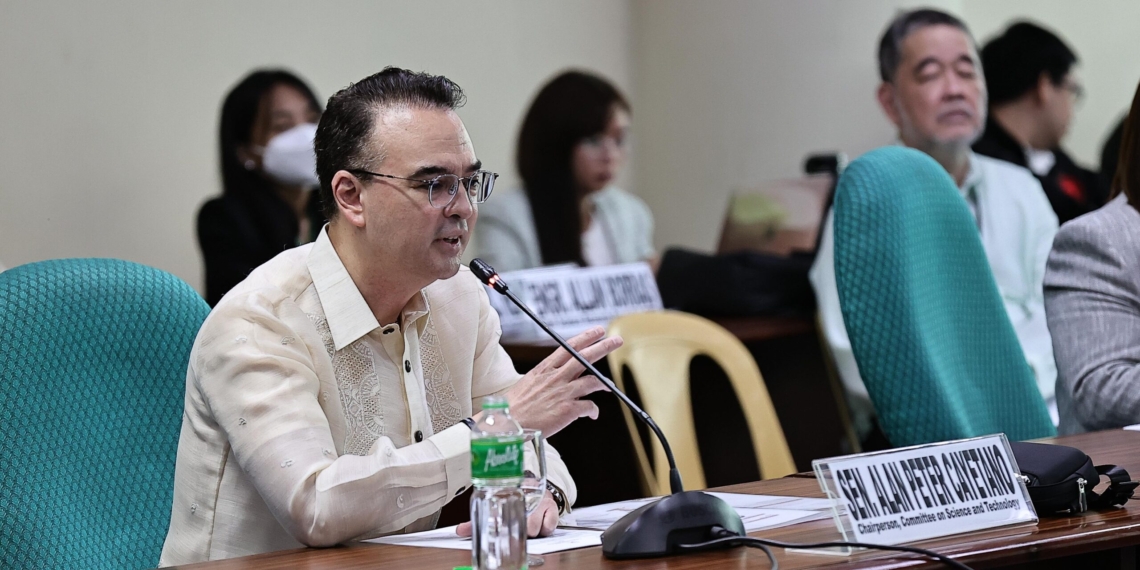Senator Alan Peter Cayetano on Monday said misinformation continues to shape how the public views the use of nuclear energy in the country and emphasized the need to change this through education.
This came after the February 12, 2024 hearing on the Philippine National Nuclear Energy Safety Act by the Senate Committee on Science and Technology which Cayetano chairs.
Appreciating Dr. Carlo A. Arcilla of the Philippine Nuclear Research Institute of the Department of Science and Technology (PNRI-DOST), the senator acknowledged his efforts in educating the public on the potential benefits of nuclear energy for the country.
“Continue to educate us not only on the need for the regulatory framework but also for the future of atomic or nuclear energy in our country,” Cayetano said.
In the department’s presentation, which outlined the benefits of nuclear energy not only as a power source but also for medical, industrial, and agricultural purposes, Arcilla emphasized that misinformation remains a significant impediment.
“Ang problema po talaga ng [pagsulong sa] nuclear energy ay y’ung fake news… ‘pag sinabi kasing nuclear ang iniisip agad [ng mga tao] ay bomba,” he said.
Cayetano concurred with Arcilla, underscoring the challenge of changing public perception as a hindrance to widespread acceptance of nuclear energy use in the country.
“I don’t envy your job of having to educate everyone… One of the major hurdles talaga is really educating people,” he said.
The proposed Philippine Nuclear Regulation Act aims to establish the Philippine Atomic Energy Regulatory Authority (PhilATOM) as an independent body tasked with licensing facilities utilizing radioactive materials, including hospitals with radiology services, and ensuring the safe and secure utilization of nuclear energy in the country.
The independent senator clarified to the public that the goal of PhilATOM is to establish an institution with the necessary expertise to assess the use of nuclear energy in the country.
“We’re not saying that we’re promoting or not promoting nuclear energy. What we’re saying is [we are] putting a regulatory body which can assess the safety of the use of nuclear power in the country,” he said.
During the committee hearing, it was clarified that PhilATOM’s scope is limited to regulatory functions, with research responsibilities remaining under PNRI-DOST.
Highlighting the urgency of establishing PhilATOM without delay to leverage its potential benefits, Cayetano pledged to expedite the bill’s deliberation on the Senate floor.
“For the purpose of passing this bill, we’ll try as much as possible to separate it so that hindi tayo ma-delay… I’ll really try to get it on the floor ASAP,” he said.






